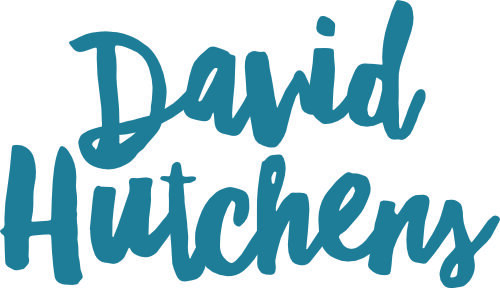Theoretical Foundations
These are the bodies of thought that inform how I do my work.
Complexity Theory. I was an early partner to Plexus Institute, which did some groundbreaking work in the 90s and early 2000s. The application of complex adaptive systems to organizational theory is at the root of much of what I do. Especially because I was such a young guy at the time in my 20s, the body of theory still colors much of my thinking. I get excited with emerging applications like Snowden’s Cynefin framework.
Appreciative Inquiry. In one of my story programs recently, a participant blurted out “wait a minute, are we doing appreciative inquiry?” I said “almost!” I’m jazzed by by this approach to change management, which says that organizational systems grow in the direction of where people focus their attention. In this body of theory, telling stories becomes an especially potent act.
Kolb’s Experiential Learning Model. Once familiar with this elegant framework for adult learning, you’ll start to recognize it in almost all of my learning design. It comes out most powerfully in the experiential programs I facilitate with my friends at Experience to Lead (including the Gold Medal program.)
Nonviolent Communication. I’m a new student to this school of theory, which explores how to communicate without assigning value, diagnosing, or judging. It’s an essential skill for story work… especially for social applications, and creating empathetic bonds of connection in dis-membered systems.
Circle Process. Whether we acknowledge it or not, story work is always power work. Increasingly I find myself focused more on the currents of power and equity in the room — sometimes even more so than the actual content of the stories. The work of Christina Baldwin and The Circle Way is a gift.
Theory U. An offering of MIT’s Social Innovation Lab, Theory U is about collectively “leading from the future as it emerges.” I view this too as an extension of story work. After all, leaders focus on the future, while so much story work is historical or rooted in the past. How do we collectively create a future story that we step into together? Otto Scharmer’s Presencing Institute (home of Theory U) is generating some compelling answers.

